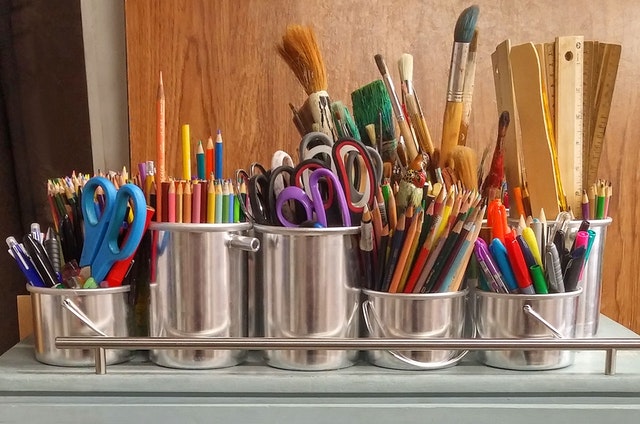Easter week -so many preparations, so many family traditions, so much to do. Not to mention, prepping for the egg hunts and the visit from the big bunny.
Practice and review are the best ways to help your loved one be part of any celebration. The chances of you having a lot of extra plastic eggs in probably pretty high. Use these eggs not only to practice participating in an egg hunt, but sneaking in a little speech-language therapy practice as well.
Fill plastic eggs with small objects or pictures that have your loved one’s ‘target’ sound (if you are working on articulation) or are items in different categories (food, toys, animals, etc.). Hide the eggs throughout your home or backyard and work with your loved on to find them. Once the eggs are found, crack them open and practice saying the words and/or separate them into category groups.
Another idea egg-cellent idea is to fill the eggs with items or pictures as shared about, but instead of having your loved one find them freely, give directions as to where the eggs are located. For example, “Find the pink egg under the chair.” or “Find a purple egg and a blue egg behind the couch.” This egg hunt is not working on following directions as well as practicing understanding locational concepts AND everyone is having fun.
Consider practicing the start of the egg hunt. Place 1-4 plastic eggs in full sight – filled or unfilled – and create a ‘starting line’. Instruct your loved one to wait at the start line until you say “Go!”. This will help him/her when wait and anticipate when they are placed in the real high stakes egg hunt. Once they have collected the eggs, repeat the activity adding more eggs each time.
Easter baskets cannot be forgotten either! Help your loved on hold and fill their basket independently. “Pick up” and “put in” are seemingly easy directions, however in the excitement of the egg hunt, a little practice ahead of time may result in less frustration for everyone. Give your loved one a basket to pick up and put toys in when cleaning up for the day. Use socks or books or plastic eggs to practice this skill as well. You may find all along, an Easter basket was all that was needed to get your loved one to clean up those toys without argument!
Enjoy your egg hunts, celebrations and family time together.
Yours in Speech,
Lakeshore Speech Therapy, LLC.
















